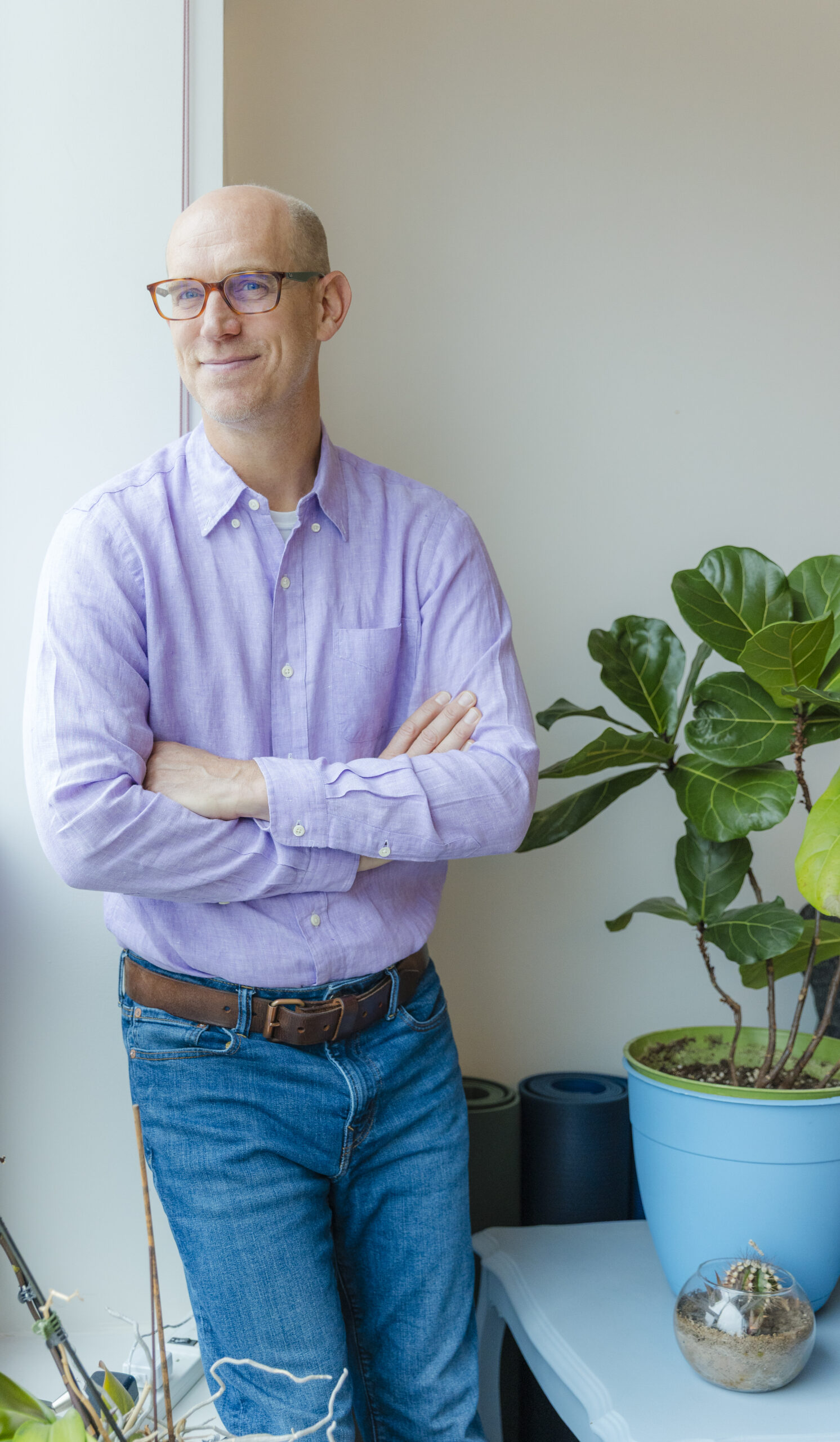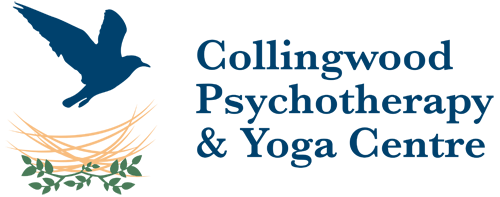About Peter
Peter Madore
Registered Psychotherapist, CRPO, Diploma TIRP
My Therapeutic Goals:
You’re not broken. You’re responding—intelligently, even if painfully—to your life experience.
Most people come to therapy because something feels “off.” Maybe a relationship is strained, your reactions to life events don’t make sense even to you, or an old wound has resurfaced. Whatever it is that brings you here, know this: I don’t believe there’s something wrong with you. I believe something has gone wrong for you—and that difference changes everything.
Therapy with me is about coming home to yourself. Together, we’ll explore the roots of what’s happening in your inner world, making sense of patterns that no longer serve you, and gently co-creating new meanings that invite more freedom, self-trust, and connection. Our relationship becomes the foundation—offering you a real experience of being met, understood, and accompanied in a way that often rewrites what’s possible in your life.
I work from a relational lens, grounded in the belief that healing happens through safe, authentic connection. When we feel truly seen and known, we begin to reclaim our sense of humanity, dignity, and “rightness.” We stop trying to fix ourselves and start becoming ourselves.
Peter’s office is located at 124 Ontario Street, Collingwood. There is parking at the rear of the building for clients. Please note that his office is on the 2nd floor and there is no elevator, therefore if you have accessibility requirements please let us know, we can do virtual visits.

Collingwood Psychotherapy & Yoga Center
My Path So Far:
Before becoming a therapist, I spent over two decades working in the trades and creative arts. I studied film at Humber College and the Trebas Institute, and worked as a grip in the film industry before transitioning to full-time carpentry. At the same time, I pursued my love of improvisational theatre, training at Second City, Bad Dog Theatre, The Impatient Theatre Company—where I met my wife—and iO Theater in Chicago.
Improv taught me how to stay present in the unknown, to listen deeply, and to respond authentically—skills that shape how I practice psychotherapy. What I loved most was how people co-created meaning and connection in real time. That’s still what moves me in this work.
In my thirties, after a back injury forced me to step back from physical labour, I found myself at a crossroads. I had a toddler at home, another child on the way, and a strong pull toward building a life that reflected the person and parent I was becoming. I realized I had always been most interested in the depth and complexity of human relationships—and how people make meaning and find healing through connection.
That insight led me to train in Relational Psychotherapy at the Toronto Institute for Relational Psychotherapy (TIRP). Since graduating in 2014, I’ve maintained a thriving private practice—first in Toronto, and now in Collingwood. I’ve also worked at Pine River Institute with teens navigating addiction and mental health challenges, and at Hospice Georgian Triangle, supporting individuals and families through end-of-life journeys.
My training is rooted in relational, trauma-informed, and experiential approaches. I’ve completed advanced trainings in the Comprehensive Resource Model (CRM), including multi-year study with founder Lisa Schwarz. I’ve trained in Satir Family Therapy with Dr. Maria Gomori, both in Toronto and at The Haven in British Columbia. My couples therapy training includes work with Dr. Janina Fisher, Terry Real, and Dr. Sue Johnson. I’ve also completed specialized coursework in supervision, shame, grief, attachment, and complex trauma.
I bring all of this—my lived experience, rigorous training, and clinical depth—into my work. As a father of two and a partner in a long-term marriage, I understand what it means to navigate the seasons of life, with all their joys and challenges. I hold a deep and grounded respect for the complexity of being human—and for the strength it takes to engage with what’s painful in the service of healing, integrity, and meaningful change.
Clients often tell me they feel genuinely seen and supported in our work together. That connection is at the heart of how I practice: it’s the relationship itself that becomes the foundation for transformation.
The Process of Psychotherapy:
In psychotherapy, nothing is off limits. The therapy space is one of the few places where you’re invited to bring all of yourself—without having to filter, fix, or perform. That uncensored honesty is not just allowed; it’s essential. It’s through this kind of real, present-moment engagement that deep learning and meaningful change become possible.
As we build a strong, trusting relationship, we create a space where reflection can happen—not just intellectually, but emotionally, relationally, and somatically. Over time, you may begin to see yourself more clearly, and even develop compassion for the parts of you that have been hidden, reactive, or burdened by shame. From this place, resilience begins to take root. Your circumstances may not change overnight, but your relationship to yourself—and to those circumstances—does. And that can change everything.
So much of the pain people carry isn’t because they are flawed—it’s because they’ve had to adapt in order to survive. Unraveling those adaptations, understanding where they came from, and choosing new ways of being is courageous work. It requires vulnerability, support, and the safety to not be judged.
I see therapy as a collaborative, relational process. I bring my full presence into the room—not as an expert who has it all figured out, but as an attuned and steady partner. My role is to help you understand the intersections between your life experiences, relationships, emotional patterns, and sense of self. I walk with you as you discover that you are not your struggle—and that authenticity is not something you have to build from scratch, but something you get to reclaim.
That unfolding is powerful to witness. And it’s why I love this work.
Therapeutic Theories I Work With:
There are hundreds of perspectives from which to explore the self. Here are the theoretical orientations that I have been trained in and that have been most interesting and powerful for me and my clients so far:
- Relational Psychotherapy
- Trauma Informed Stabilization Treatment
- Comprehensive Resource Model
- Neurobiologically informed psychotherapy
- Intersubjectivity Theory
- Self-Psychology
- Feminist Relational Psychotherapy
- Humanistic Psychotherapy
- Dyadic Developmental Psychotherapy (aka Attachment-Focused Family Therapy)
- Satir Family Therapy
- Emotionally Focused Couples Therapy
- Developmental Psychotherapy
- Attachment Theory
- Anti-Oppressive Theories in therapy
Relevant Education:
- Psychotherapy Diploma: Toronto Institute for Relational Psychotherapy – 2010-2014
- Comprehensive Resource Model – Generational Training – 2024
- Comprehensive Resource Model – Heal the Healer Intensive – 7 days – Lisa Schwartz – 2022 and 2023
- Comprehensive Resource Model Basic 5 day training – Lisa Schwartz – 2021.
- 30 hour Relational Psychotherapy Clinical Supervision Course with Judy Gould – 2021
- Working with couples who have a history of trauma with Dr. Janina Fisher and Terry Real – 2020
- Complex Trauma Revisited: A revolving model of Emotional, Cognitive, and Relational processing, John Briere, PhD. 2019
- Emotionally Focused Couples Therapy, Dr Sue Johnson – 2017
- 5 day Satir Family Therapy Training with Dr. Maria Gomori – 2017
- 7 day Journey to Self with Dr. Maria Gomori -The Haven Gabriola Island BC – 2016
- Level 1 Attachment Focused Family Therapy, Dr. Sian Phillips – 2015
- Grief and Bereavement Therapy, Andrea Warnick- 2015
- Understanding Shame: A Neurobiological Approach. Dr. Pat DeYoung- 2014
Our Mission
We support courageous humans in reconnecting with their inner wisdom and restoring a sense of wholeness -- through transformational therapy that honours the connections between body, mind, spirit, and energy. Our relational, intuitive approach helps people come home to themselves, so they can love deeply and live with self-worth, truth, purpose, and freedom.
